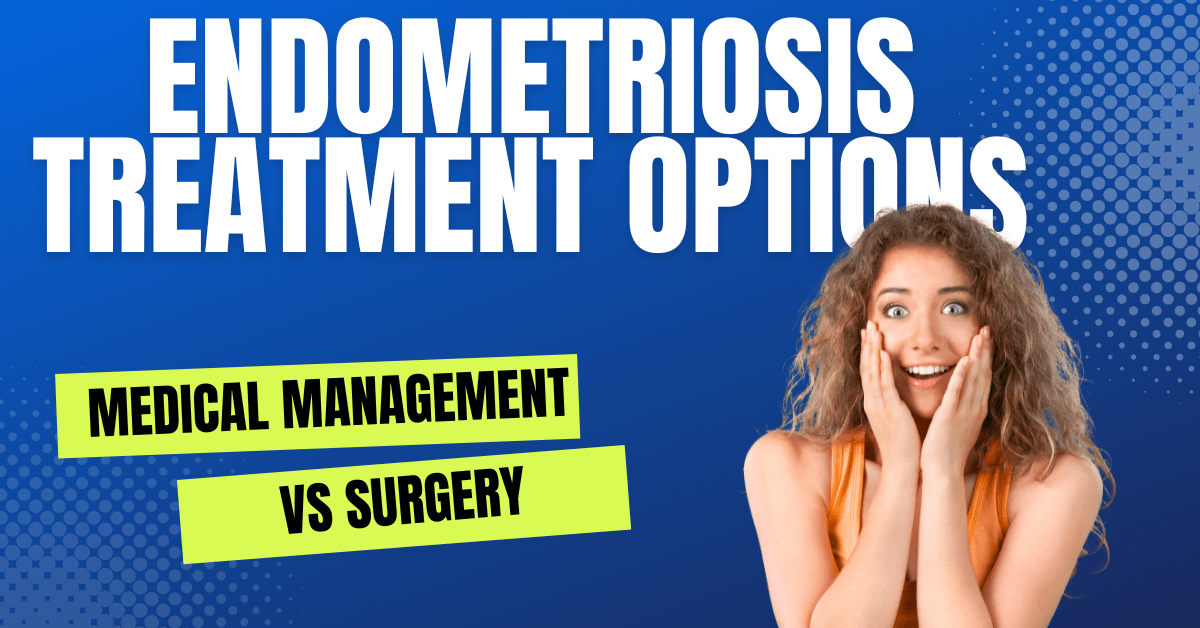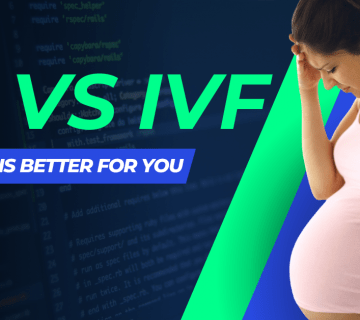Endometriosis, a condition where endometrial tissue grows outside the uterus, can cause significant pain and discomfort for many women. When it comes to managing this pain, a common dilemma arises: choosing between medical therapy and surgery. Let’s delve into the pros and cons of each approach to help you make an informed decision.
Medical Therapy: Managing Symptoms, Not the Root Cause
Medical therapy for endometriosis often involves medications like birth control pills or hormonal medications. These medications work by suppressing ovulation, leading to lighter or absent periods, ultimately reducing pain associated with menstruation. While effective in managing symptoms, it’s important to understand that medical therapy doesn’t address the underlying cause of endometriosis.
Surgery: Removing Endometriosis, But Not Future Pain
Laparoscopic surgery is the most common surgical approach for endometriosis. The procedure involves removing visible endometrial implants and scar tissue. While surgery can offer significant pain relief, endometriosis can unfortunately recur even after successful removal. Additionally, repeated surgeries may carry a risk of reducing ovarian reserve, which could impact future fertility.
 Weighing Your Options: Balancing Pain Relief with Future Plans
Weighing Your Options: Balancing Pain Relief with Future Plans
Deciding between medical therapy and surgery necessitates considering several factors:
- Severity of Pain: If you experience severe pain significantly impacting your quality of life, surgery might be the preferred option.
- Desire for Children: If you’re planning to get pregnant, discuss fertility-sparing surgical techniques with your doctor. However, if you’ve completed your family and are experiencing debilitating pain, a more radical surgery to remove the uterus and ovaries might be an option, although it eliminates future pregnancies.
- Ovarian Reserve: If having children is a priority, consider your ovarian reserve (egg supply). Repeated surgeries can potentially decrease egg quality and quantity. In such cases, discussing in vitro fertilization (IVF) as an alternative to surgery with your doctor might be beneficial.
IVF as an Option: Bypassing Endometriosis for Pregnancy
While IVF doesn’t treat endometriosis itself, it can be a viable option for women with the condition who wish to get pregnant. Pregnancy itself offers a natural, temporary reprieve from endometriosis pain, and breastfeeding can further extend this pain-free period. Additionally, IVF allows for the potential future use of frozen embryos without the need for further surgery.
Remember: Consulting with a qualified healthcare professional is crucial for personalized advice on managing endometriosis and pain relief strategies. They can help you weigh the benefits and risks of medical therapy, surgery, and IVF based on your individual situation and future plans.
Feeling Overwhelmed by Choices? Get a Free Second Opinion!
Deciding on the right treatment path can be daunting. We understand. If you’d like a free second opinion to discuss your specific situation and explore all options, reach out to a qualified endometriosis specialist via email. Gain valuable insights and feel empowered to make an informed decision about your endometriosis management.
Disclaimer: This article provides general information about endometriosis treatment options and is not a substitute for professional medical advice. Always consult with a healthcare professional for personalized guidance and treatment plans.



No comment